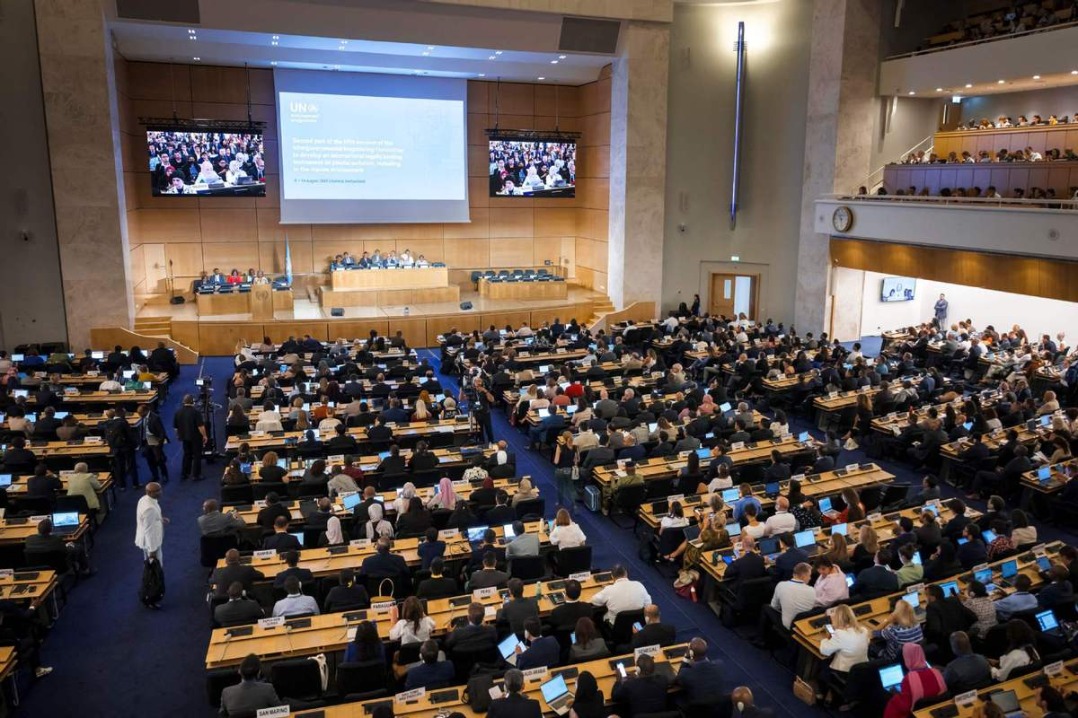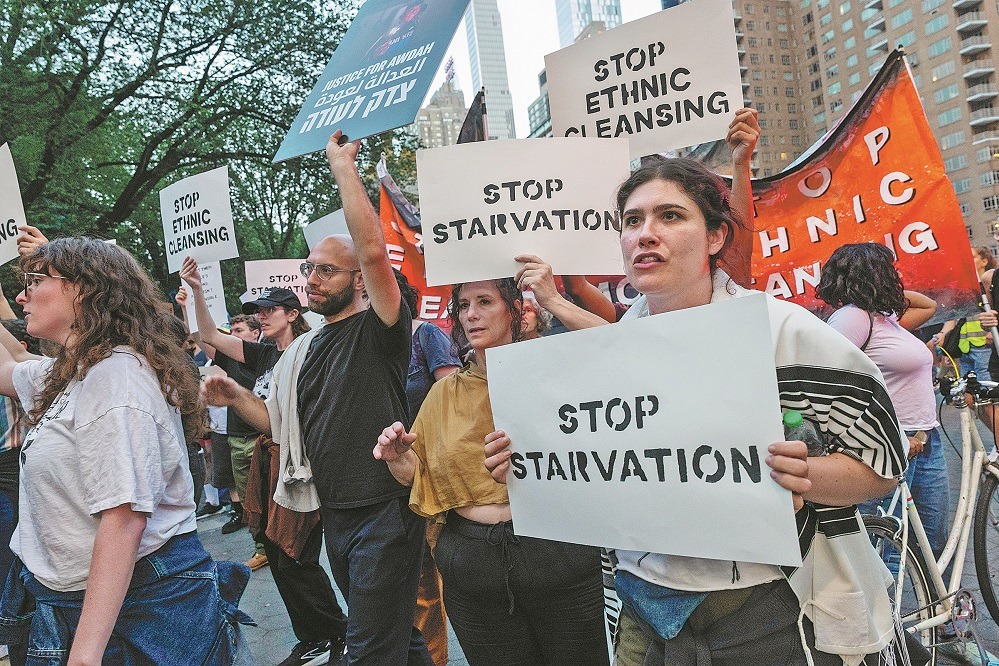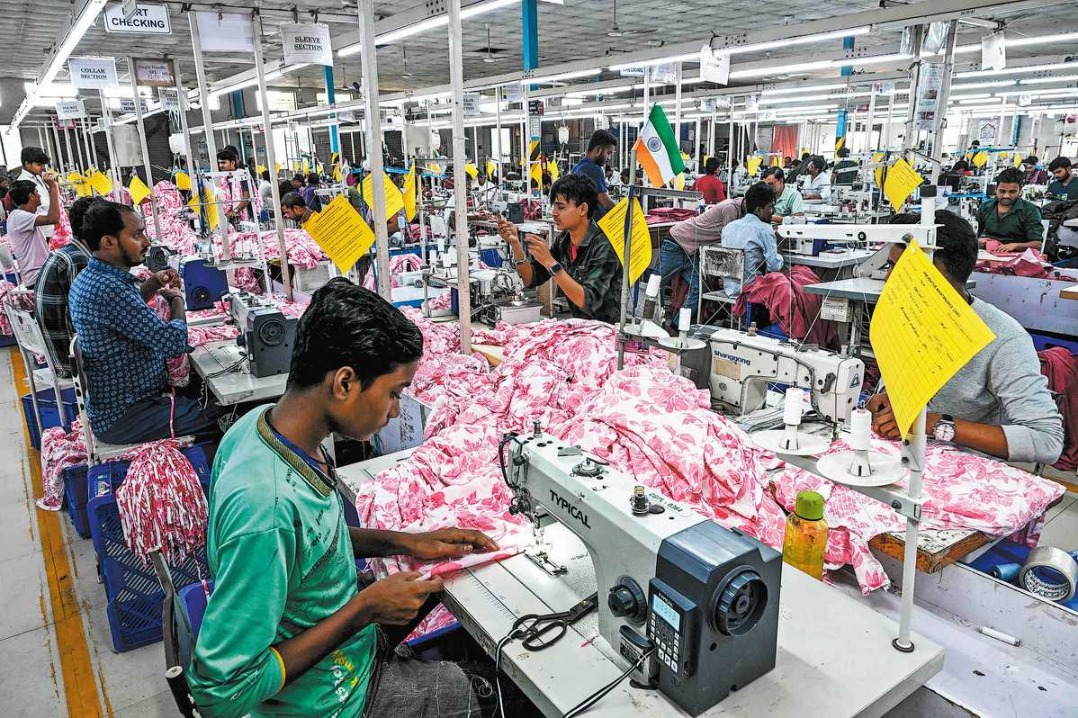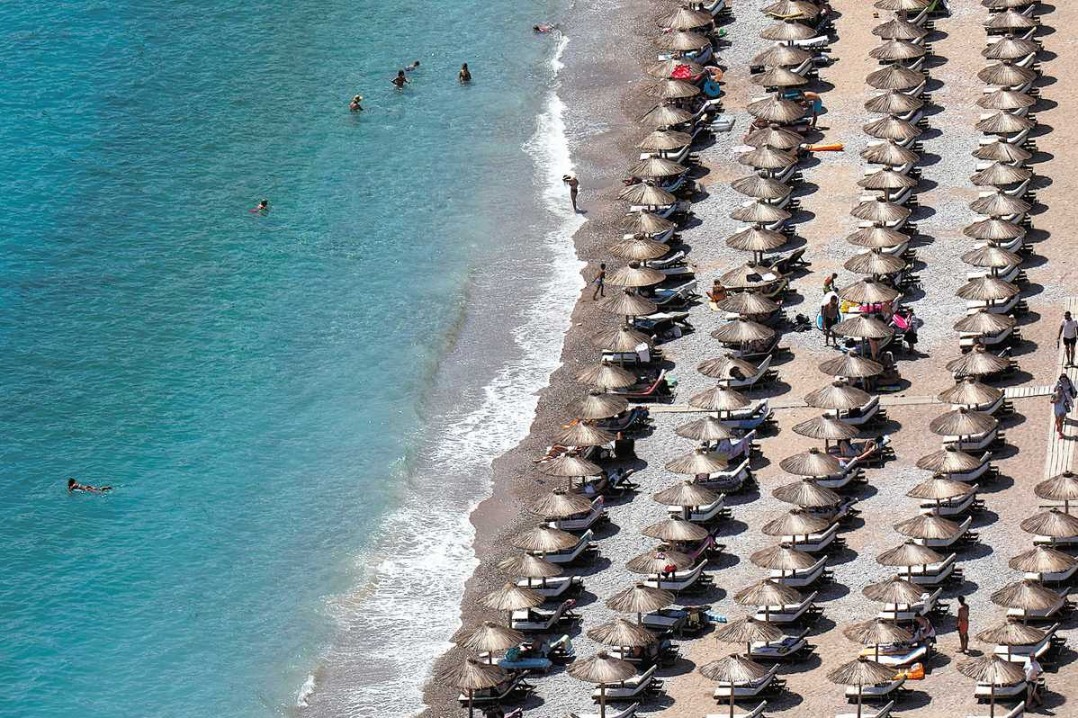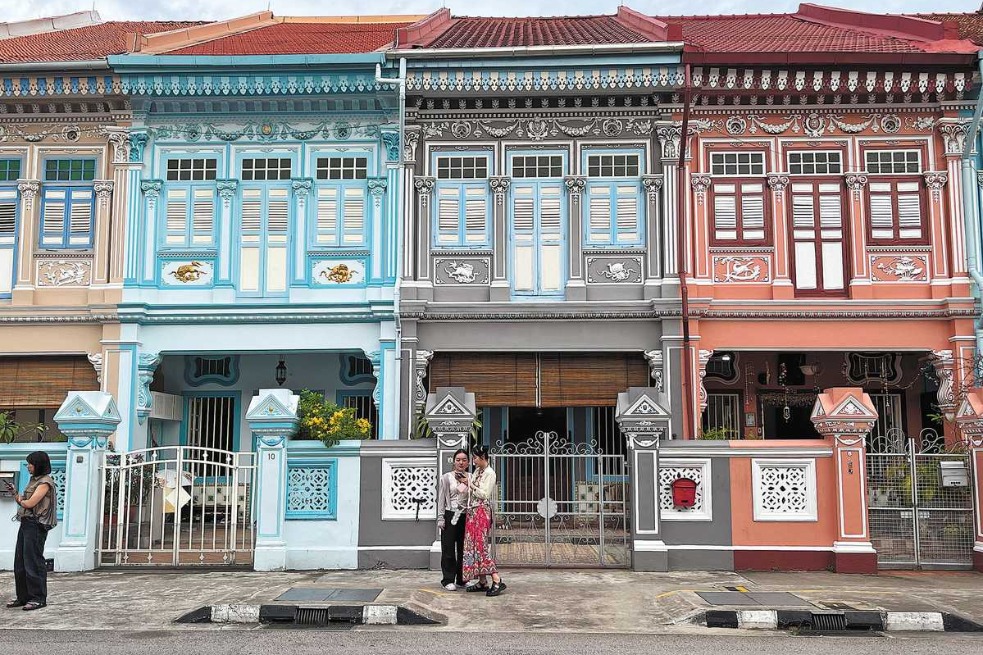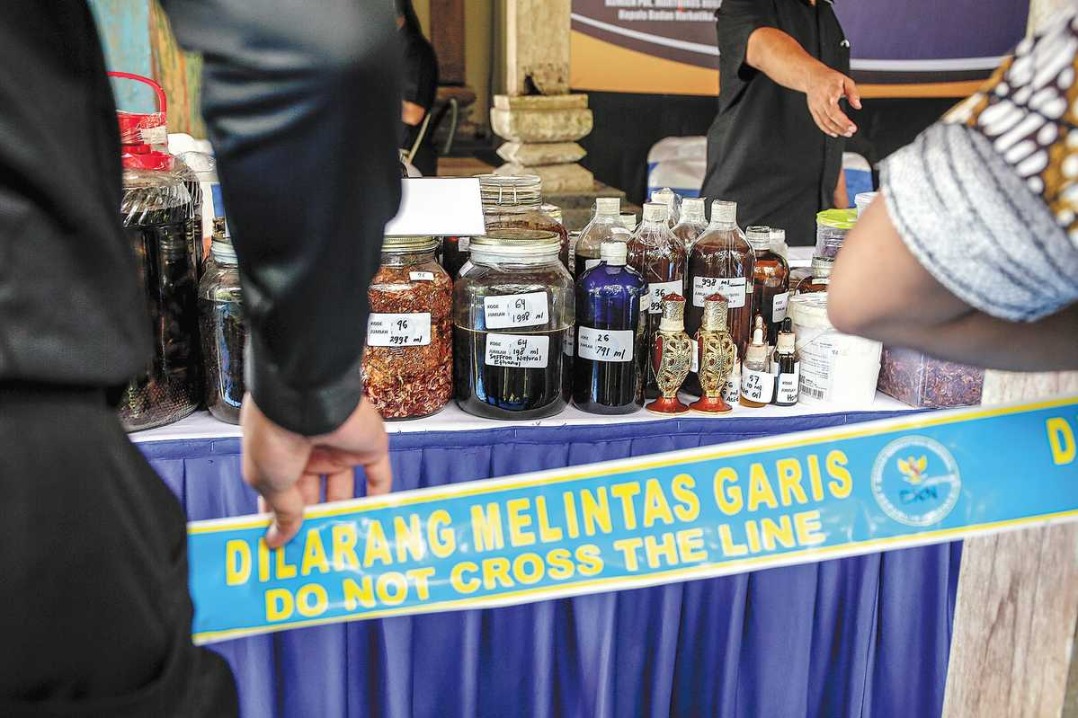Malaysians make their stand known on toxic water dump

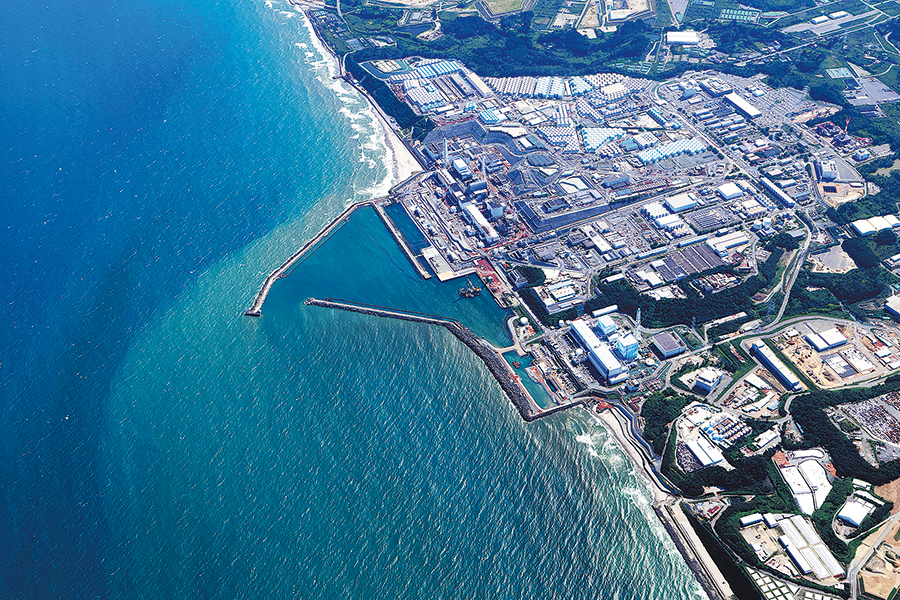
Malaysian environmentalist and business groups have opposed Japan's release of nuclear-contaminated water into the Pacific Ocean, warning that such a move will harm the marine environment and human health over a long period of time.
The Japanese government has "claimed that the water is safe, but how safe it is? That is the question", Winston Liaw, chairman of the Sabah Association of Tour and Travel Agents, told China Daily.
Commenting on Japan's plan to discharge over 1 million metric tons of toxic water from the crippled Fukushima Daiichi Nuclear Power Plant in the next 30 years, he said this is a "long-term project" which will affect not only Japan, but also its neighbors as well.
TEPCO, the plant's operator, started dumping the second batch of toxic water into the ocean on Thursday. As with the initial release that began on Aug 24 and ended on Sept 11, about 7,800 tons of such water is expected to be discharged over 17 days.
Sophine Tann, vice-president of the Association for the Protection of Natural Heritage of Malaysia, said entire oceans and seas of the world would be affected over time as ocean currents can spread the water's contaminants and toxins.
"I am against (the dumping) unless the Japanese government and authorities can give us a more concrete answer than what they have provided. For example, let the Japanese people use and drink the 'treated water' for a year and then see what the effects could be," Tann said.
The discharged toxic water had been used to cool the reactors at the Fukushima nuclear plant, which was decommissioned after a strong earthquake and tsunami devastated northeastern Japan in March 2011.
The government's decision sparked widespread protests not only in Japan, but also in other Asia-Pacific countries. Environmentalists, fishermen, consumer rights advocates and business leaders warned against the long-term environmental and public health impact of the release of the nuclear-contaminated water.
Following the release of the contaminated water, Malaysia's Health Ministry announced that it would closely inspect all high-risk food products imported from Japan.
Malaysia's Director-General of Health Muhammad Radzi Abu Hassan said on Aug 23 that the ministry "is sensitive to consumers' concerns on the matter". "It always conducts monitoring at the entrance to the country and local markets to ensure food safety is guaranteed," he added.
Protest action and a signature campaign were also held in the western Malaysian state of Selangor.
One participant, David Kong Hon Kong, founder and CEO of funeral services provider Nirvana Asia Group, said "everyone should unequivocally protest the release of nuclear-contaminated water into the ocean to prevent the world from another crisis", Malaysian daily The Star reported.
Kong also urged more Malaysian companies and individuals to speak out, noting that businesses need to fulfill their social responsibility. He said his company would organize more petition signing events in Shah Alam and the capital Kuala Lumpur.
Liaw said he visited the Japanese consulate in Sabah in July to express the group's concerns over the dumping.
"The most important thing is the testing of the seafood," he said, adding that Japan, Malaysia and other countries need to check if the seafood is safe for consumption after the dumping.
















